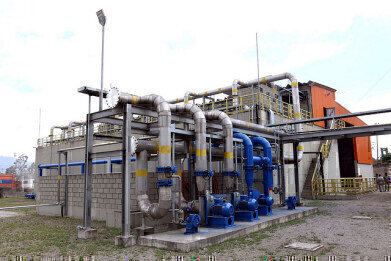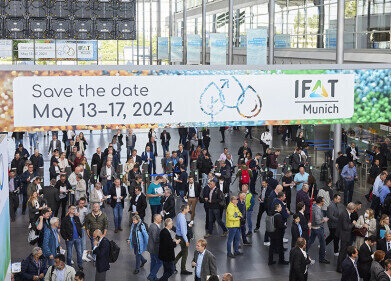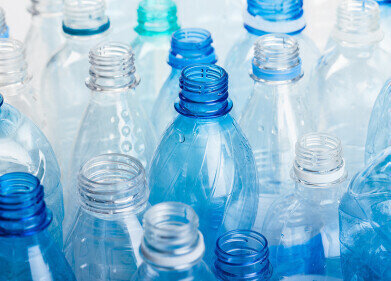Waste Management
Rio gets a pilot plant to explore energy from waste
Feb 04 2019
A national technology to process and explore energy from organic waste started being tested in the city of Rio de Janeiro. Installed in a processing plant of the City Company of Urban Cleaning (Comlurb), in the Caju neighbourhood, the pilot plant has just completed a month in operation and is able to extract 100 to 150 cubic meters of biogas per processed tonne, with 50% - 60% of methane concentration.
The technology, which produces fertilizer and natural gas from waste, was developed by the Federal University of Minas Gerais (UFMG), in partnership with companies Methanum Tecnologia Ambiental and Comlurb. The operation of the pilot plant, which was funded by BNDES, will allow testing the efficiency parameters of the methanization technology by anaerobic composting and widening the scale. With a processing capability of 30 daily tonnes, the plant has an estimated monthly biogas production capable of feeding a fleet of 1,000 cars or generating enough energy for just over a thousand houses.
The unit consists of modules the approximate size of a container, which receives the waste and sealed for a period of two to three weeks, while the bacteria introduced into the compartment degrade the organic matter and produce methane. The gas is stored while the remaining material is removed and used as fertiliser.
Microorganisms are sprayed into the modules through pipes with heavy use of electronics. Sensors and meters enable controlling and optimizing biogas production. The plant also has a generator to produce electric energy from gas combustion.
The Comlurb plant in Caju neighbourhood was chosen because it receives solid waste from different neighbourhoods, with different consumption and waste production standards, offering enough diversity to simulate the conditions of different Brazilian towns. In addition, Comlurb already has a conventional composting plant with in situ aerobic digestion, which allows comparing the results of the two technologies.
Events
May 05 2024 Seville, Spain
May 13 2024 Munich, Germany
May 23 2024 Beijing, China
May 23 2024 Beijing, China
Jun 10 2024 Algiers, Algeria













